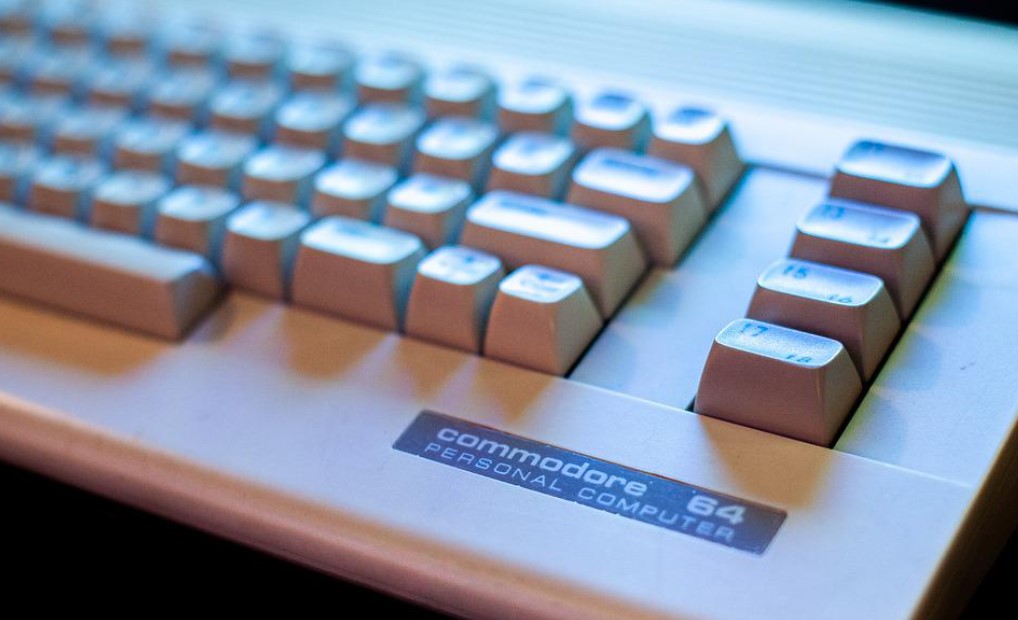In the fall of 2020, the U.S. Government indicted three members of the infamous group Team Xecuter, the masterminds behind various Nintendo hacks.
The authorities arrested Canadian Gary Bowser in the Dominican Republic and Frenchman Max Louarn was detained in Tanzania.
Bowser was later deported to the U.S. where he was sentenced to 40 months in prison earlier this year. His sentence was lower than the five-year prison term the U.S. Government had requested.
At the sentencing, Judge Lasnik said that it was important ‘to send a message’ but a reduction was indeed warranted; Bowser played the smallest role of the three defendants and faced medical and other issues.
At the same time, Judge Lasnik also made clear that Max Louarn, who was portrayed as the boss of Team Xecuter, shouldn’t expect the same treatment if he eventually appears before the court.
“If Mr. Louarn comes in front of me for sentencing, he may very well be doing double-digit years in prison for his role and his involvement,” Judge Lasnik said.
Max Louarn: Professional Hacker
There is no sign that Louarn will be brought to justice in the US anytime soon. The 50-year-old Frenchman is currently living in an apartment in Avignon with his girlfriend, a former Russian model, and recently sat down for an in-depth interview with Le Monde.
Louarn doesn’t hide the fact that he’s a hacker. His career started in the 80s soon after his parents bought him a Commodore 64, a reward for his excellent school performance. This was the start of a lifelong hacking passion, which perfectly aligned with his math skills.
At the age of 14, Louarn started to connect with like-minded people from all over the world, sharing messages on Bulletin Board Systems (BBS). Hacking in those days was mostly done for fun but as time went on, money started to play an increasingly important role.
“I wasn’t going to end up as an engineer earning 5,000 euros a month when I realized, at 18, that hacking was not just fun, but that there was a way to make a lot of money,” Louarn says.
While the Frenchman knew that companies were being damaged by his actions, that didn’t hold him back. The companies he hacked had plenty of money, he reasons.
“Stealing from companies that make billions, what do I care?”
PARADOX, Jail, Megaupload
In the piracy scene, Louarn soon became a legend. At the start of the 1990s “MAXiMiLiEN” became the driving force behind the warez-demogroup PARADOX (PDX), which supplied a constant stream of pirated games, cracks, keygens, and other software.
This wasn’t without risk. In 1993 he was arrested in a Nintendo piracy case, forcing him to flee to Spain where he enjoyed a lavish lifestyle in a Mallorcan villa.
The extravagant escapade didn’t last very long. In 1994, a friend invited Louarn to the United States to party. It turned out to be a trap. Instead of partying, he was welcomed by 15 armed agents for reselling thousands of stolen phone cards.
Facing a potential 40-year prison term, Louarn decided to plead guilty. This eventually resulted in a sentence of five years and eight months for the then 23-year-old, who was sent to the Federal Correctional Institution in Petersburg, Virginia.
Louarn was released in 1999 and returned to France but he hadn’t lost his passion for hacking nor his love for computers.
Along the way, he met a variety of people including Apple co-founder Steve Wozniak, who shared his fascination with hacking. Louarn also invested in Kim Dotcom’s file-storage platform Megaupload, which was later taken down by the feds.
In 2005, Louarn’s name showed up again in federal court records, with Sony accusing him of operating Divineo, a company through which he sold modified Playstation devices and modchips. Sony went on to win the case, securing a judgment of more than $5 million in statutory damages.
Nintendo Nemesis
Meanwhile, Nintendo was also taking an interest in Louarn’s ‘hacking’ activities. The Japanese gaming giant filed several lawsuits and pulled out all the stops to prevent people from jailbreaking consoles, with mixed results. That turned Louarn into Nintendo’s archnemesis.
“They hate me. I bet that in Tokyo, they posted my picture in an office,” he says. The Frenchman doesn’t see himself as a criminal, though, but as a rebel instead. One who helps the public take control of the devices they bought.
“We’ve always been pro-liberty, that’s our mindset: to do what we want with the machines and for everyone to have access to them,” Louarn tells Le Monde.
Nintendo clearly sees things differently and with the US Department of Justice on its side, in 2020 the company went after Louarn again. This time, he stands accused of being the leader of Team Xecuter.
This claim was backed up by a plea agreement signed a few months ago by fellow defendant Gary Bowser. Louarn denies involvement with the group and believes that Bowser said these things to get a reduced sentence.
“He pleaded guilty to things he didn’t do in order to escape a life sentence,” Louarn says. “That’s American justice! The press showed that Gary Browser was living poorly in a tin shack in the Dominican Republic, while Team Xecuter, they are all millionaires.”
Tanzania, Reunion, France
The Frenchman doesn’t plan on proving his innocence in a US court though. After being arrested at the Zuri Hotel Tanzania in late 2020, he was released from prison after a few weeks, with a Dar es Salaam court concluding that his arrest was “illegal”.
With help from a friend, who sent a private plane from South Africa to pick him up, Louarn initially traveled to Reunion Island and then back to France, before the FBI could apprehend him again.
Although Louarn is now living relatively freely in France, his foreign bank and cryptocurrency accounts remain frozen. Leaving the country isn’t really an option either, as he is still a wanted man in the United States.
There are legal issues in France as well. There’s a case pending about his refusal to hand over the unlocking codes of his electronic devices to the American officers when he was arrested. His lawyer hopes to have this case closed.
Louarn, meanwhile, will seize any opportunity to brand the FBI and the US justice system as biased. They’re “in the pay of large corporations, ready to destroy competitors by dressing up simple commercial disputes with criminal law,” he notes.
There’s no denying that “MAXiMiLiEN” has led a turbulent life, one that could be easily turned into a Hollywood script. He’s made internet history books on several occasions and remains rebellious to this day.
But times have changed this hacker too, as a quote tucked away in the Le Monde piece shows. Reflecting on the five years he spent in prison in the 1990s, he now realizes that another long sentence would have an entirely different impact today.
“Now [serving time in prison] would be hard because I take care of my father. I have a 16-year-old daughter, and soon a second child,” he says.
—
Update: Finn Batato, pictured in this article, passed away last night. You can read Kim Dotcom’s eulogy here.
 In the fall of 2020, the U.S. Government
In the fall of 2020, the U.S. Government 






